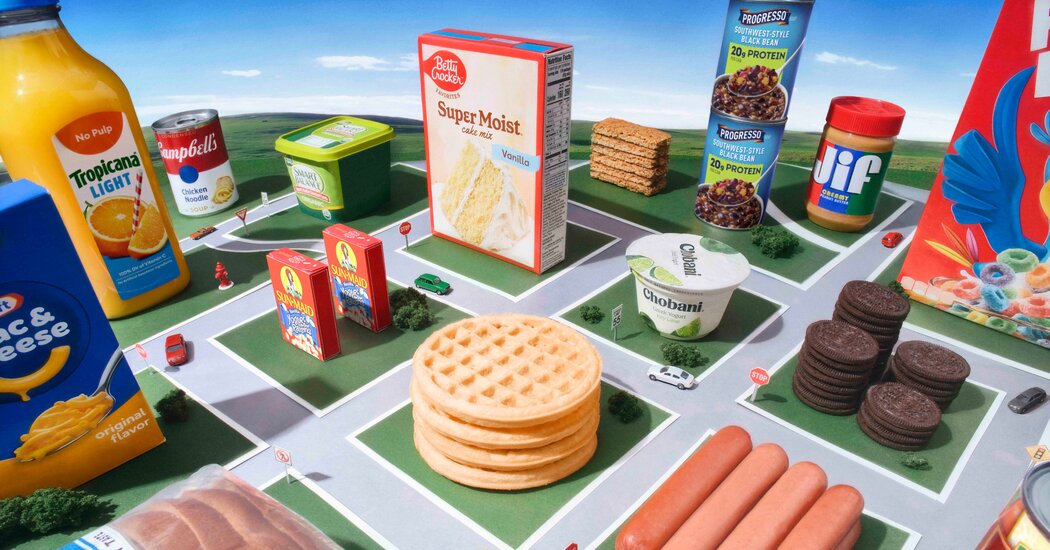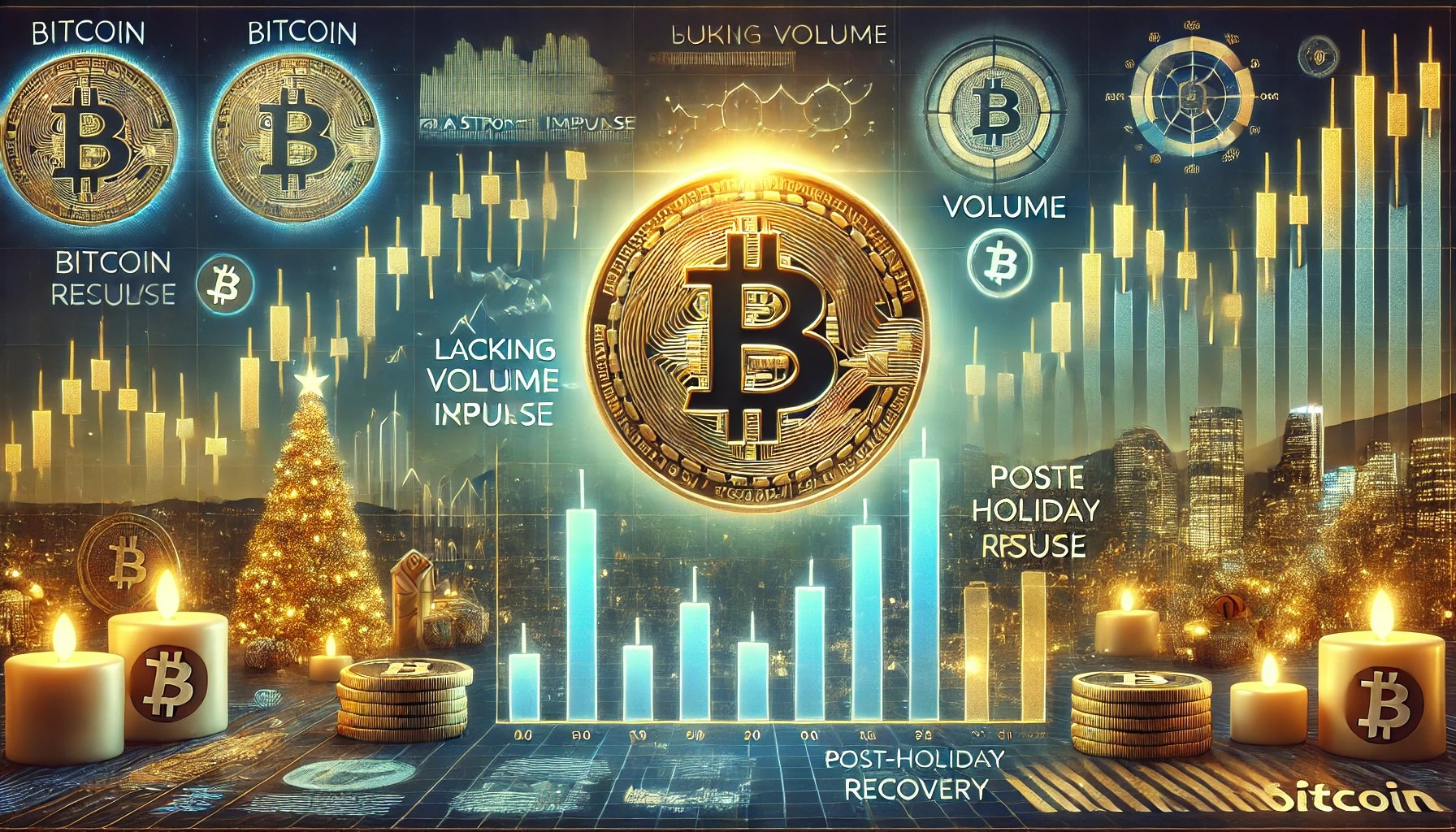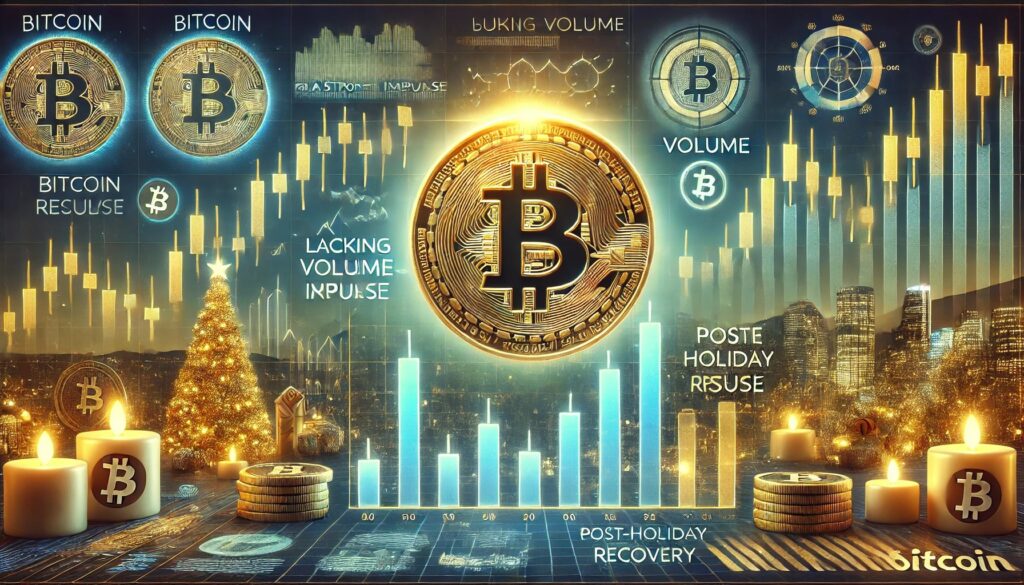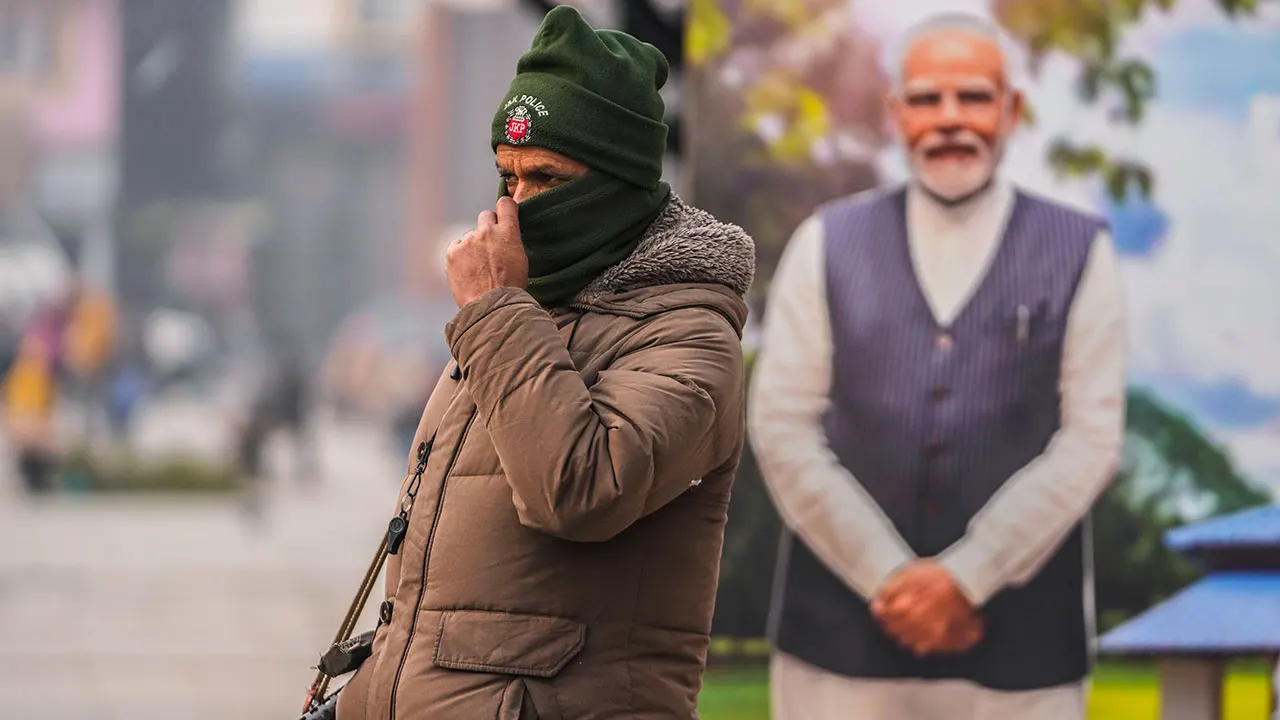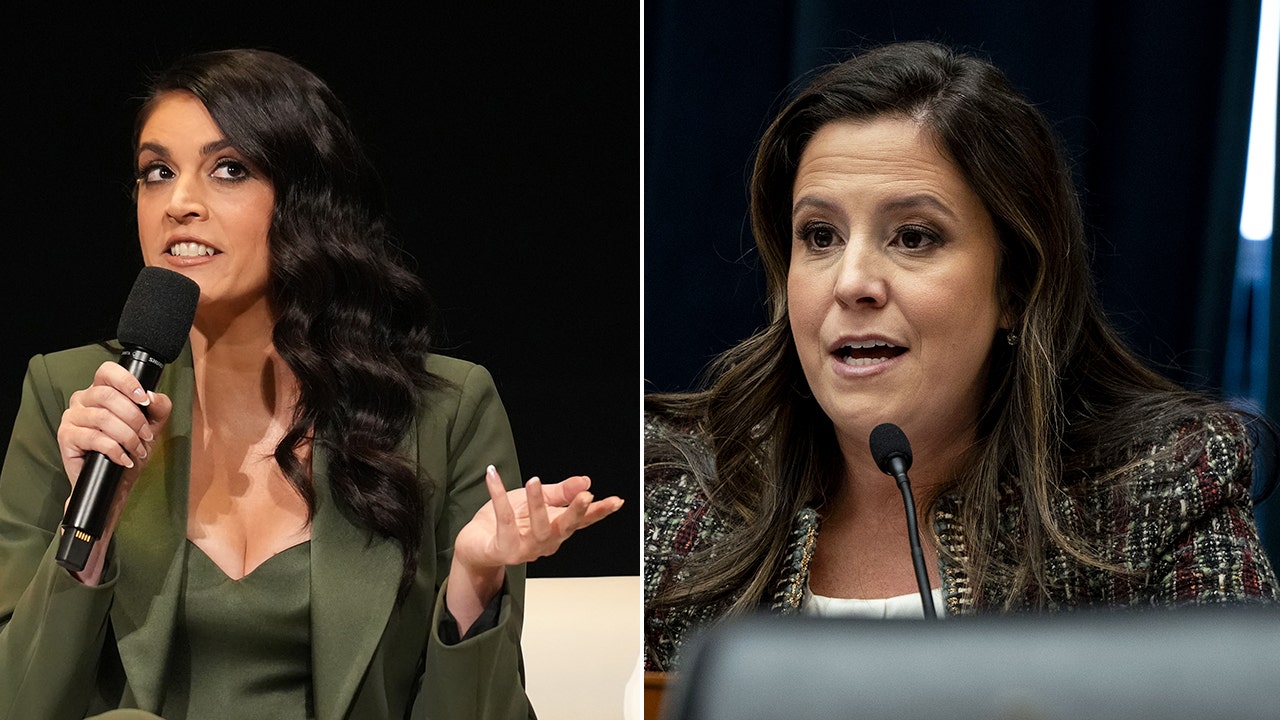I write the Well newsletter, about personal health and fitness.
I love those sprinkle-covered sheet cakes you can buy at the supermarket — so much so that when my daughter was small, I trained her to grab the corner piece for me at birthday parties.
When you hear the phrase “ultraprocessed foods,” those rainbow-colored desserts — with their long and complicated ingredients lists — are probably the types of products you think of.
In reality, the category is much broader than that.
Ultraprocessed foods include anything that can’t typically be made in a home kitchen because you don’t have the ingredients or the machinery. (Most of us don’t have a jar of, say, methyl cellulose in our pantries.)
These kinds of foods have become ubiquitous in the United States, and experts say they appear to be taking a toll on our health.
The Times’s Well desk starts each January with a weeklong challenge to improve some aspect of our health. This year, the focus is on reducing the ultraprocessed foods in our diets. In today’s newsletter, I’ll explain the science behind the challenge.
Health concerns
Almost all food is processed in some way, whether it’s being chopped, frozen or cooked. But ultraprocessing is different. Ultraprocessed foods are formulations made using industrial methods.
Ultraprocessed foods often contain ingredients that enhance taste, texture and shelf life — things like hydrogenated oils, modified starches, emulsifiers, and artificial colors and sweeteners. Yes, my beloved sheet cake is an ultraprocessed food, but so are many products we might consider nutritious, like some packaged breads, flavored yogurts, vegan “meats” and protein shakes. Nearly three-quarters of the food supply in the U.S. is ultraprocessed, according to one estimate published in the journal Nature Communications.
Research suggests that diets high in ultraprocessed foods are linked to health concerns including cardiovascular disease, Type 2 diabetes and mental health disorders. And a small but influential study found that subjects who ate mainly ultraprocessed foods consumed about 500 more calories per day.
As my colleague Alice Callahan has reported, researchers don’t know what specifically in ultraprocessed foods may be affecting our health, and it might take years before they truly understand the connection. Even with all of the unknowns, though, many experts agree that eating fewer ultraprocessed foods can benefit your health.
Cutting back
I spent the last six months interviewing dozens of nutrition experts to better understand ultraprocessed foods. I learned that cutting back isn’t simply about willpower. Ultraprocessed foods are convenient, and some are cheaper than minimally processed foods. And many of them are engineered to be so irresistible that it’s challenging for us to stop eating them, even when we feel full.
It’s unrealistic to swear off all ultraprocessed foods forever, said Kevin Hall, a nutrition and metabolism researcher at the National Institutes of Health.
“Not all ultraprocessed foods are necessarily bad for you, nor should you think that you should try to get rid of them,” Hall said.
What’s more important, he added, is to focus on your overall eating pattern, rather than on individual foods — and there are tweaks you can make to help you do it.
Over the next five days, the Well Challenge will offer tips, guidance and inspiration to better understand ultraprocessed foods. The goal is not to completely overhaul your diet. (I, for one, am never giving up supermarket sheet cake.) Instead, we’ll explore simple ways to cut back, so you can be on your way to feeling better in the long term. I hope you’ll join me — you can sign up here.
THE SUNDAY DEBATE
What is Jimmy Carter’s legacy?
Decency. Carter epitomized truthfulness and transparency, was a proponent of civil rights, and achieved lasting peace treaties. “Yet, to our eternal shame, not enough of us wanted to call him ‘Mr. President,’” The Indianapolis Recorder’s Larry Smith writes.
Weakness. Carter blundered as a president in the same ways Joe Biden has. “They share a fate as one-term Presidents undone by similar political troubles — inflation and the perception of growing U.S. weakness abroad,” The Wall Street Journal’s editorial board writes.
FROM OPINION
Gov. Kathy Hochul’s congestion pricing plan can receive more support if she weaves it into a bigger story about restoring order to New York City, Henry Grabar writes.
Trump’s appointees should remember that while he always escapes consequences, his loyal supporters don’t, John Bolton, Trump’s former national security adviser, writes.
Here is a column by Nicholas Kristof’s “win a trip” winner on the need for menstrual products.
Vows: She didn’t believe the institution of marriage was good for women. Then she met Richard.
Lives Lived: Tomiko Itooka, born in Japan before the start of World War I and the sinking of the Titanic, was believed to be the world’s oldest person. Her secret to longevity: eating bananas and consuming a Japanese dairy drink. Itooka died at 116.
BOOK OF THE WEEK
“A Full Life,” by Jimmy Carter: In addition to being the 39th president of the United States, James Earl Carter Jr. was the author of 32 books. If you’re looking for one that encapsulates his decency, curiosity, eye for detail and appreciation of the natural world, “A Full Life” is an excellent place to start. Carter, who died this past week at 100, looks back on his first 90 years, including his time in the White House. You’ll learn about important policy initiatives, but you’ll also see the Carters on clandestine fly-fishing expeditions, bowling in their own basement and hashing out current events at the dinner table. The audiobook is narrated by the author himself — a voice of reason, with notes of pain and pride. A presidential yacht? Astronomical food bills? Unnecessary construction at Camp David? Not on his watch.
More on books
-
In the mood for more books about Carter’s life? Start here.
-
The plagiarism plot is having a moment. What’s behind all these tales of literary theft? Emily Eakin investigates.
THE INTERVIEW
This week’s subject for The Interview is outgoing Secretary of State Antony Blinken, who four years ago inherited the world from the Trump administration and is now on the verge of passing it back. We spoke about his focus on strengthening America’s alliances, his view of diplomacy in a crisis-ridden world and the major conflicts that remain unresolved.
We know that President-elect Trump has people that surround him that are very willing to see Ukraine cede territory to Russia. There has been no parallel diplomatic track, and the weapons are probably going to be drying up. Do you feel you’ve left Ukraine in the strongest position that you could have? Or were there things that you could have done differently?
Well, first, what we left is Ukraine, which was not self-evident because Putin’s ambition was to erase it from the map. We stopped that. Putin has failed. Ukraine is standing. And I believe it also has extraordinary potential not only to survive, to thrive going forward. And that does depend on decisions that the future administration and many other countries will make.
Do you think it’s time to end the war, though?
These are decisions for Ukrainians to make. They have to decide where their future is and how they want to get there. Where the line is drawn on the map at this point, I don’t think is fundamentally going to change very much.
You mean that the areas that Russia controls you feel will have to be ceded?
Ceded is not the question. The question is the line, as a practical matter in the foreseeable future, is unlikely to move very much. Ukraine’s claim on that territory will always, always be there. And the question is, will they find ways with the support of others to regain territory that’s been lost? It’s unlikely that Putin will give up on his ambitions. If there’s a cease-fire, then, in Putin’s mind, the cease-fire is likely to give him time to rest, to reset, to re-attack at some point in the future.
So what’s going to be critical to make sure that any cease-fire that comes about is actually enduring is to make sure that Ukraine has the capacity going forward to deter further aggression. And that can come in many forms. It could come through NATO, and we put Ukraine on a path to NATO membership. It could come through security assurances, commitments, guarantees by different countries to make sure that Russia knows that if it re-attacks, it’s going to have a big problem.
Read more of the interview here.
THE NEW YORK TIMES MAGAZINE
In this week’s Five Weeknight Dishes newsletter, Mia Leimkuhler offers five recipes that correspond with her 2025 cooking goals. Alongside her resolution to explore more plant-based proteins, Mia highlights a sticky, spicy tempeh. And for her desire to cook with more chicken breast: Pierre Franey’s classic chicken and lemon recipe.

